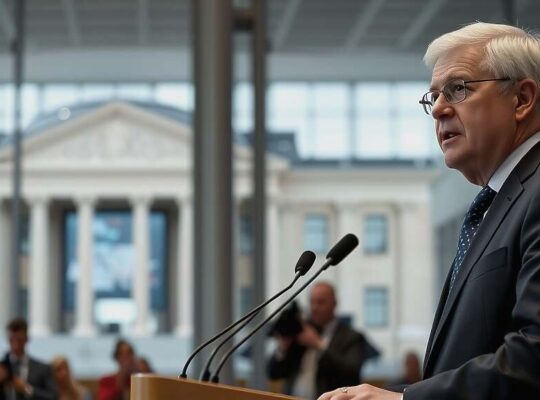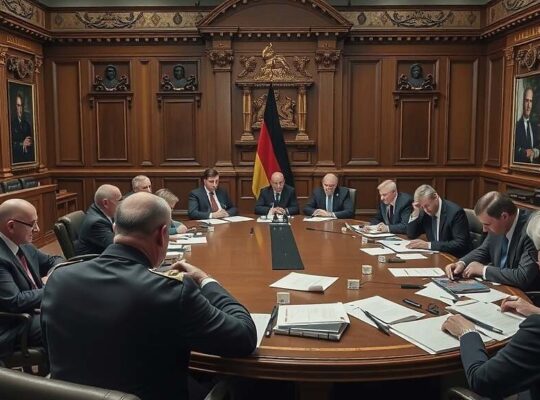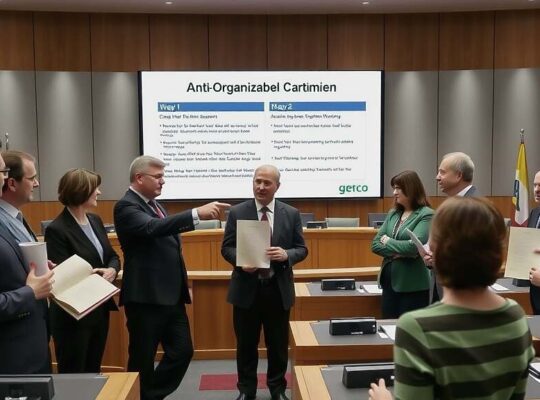A new study from the Ifo Institute reveals a disparate economic impact of US trade policy across German states. The research, released Monday, highlights significant variations in the potential for value creation loss, depending on regional industrial structures.
According to Marcel Thum, CEO of Ifo Dresden, Saarland, Lower Saxony and Baden-Württemberg are projected to experience the largest declines in value creation. Conversely, Saxony-Anhalt and northern German states are expected to be minimally affected. Robert Lehmann, Ifo economic expert, attributed these differences to underlying structural variations, notably the strong presence of the automotive industry in the regions facing greater losses.
The study assessed three distinct scenarios: the continuation of current US trade policies, the implementation of product-specific tariffs and the potential impact of reciprocal tariffs of up to 50 percent on all imported goods, as threatened by former US President Donald Trump. Under each scenario, the industrial value creation in Saarland, Lower Saxony and Baden-Württemberg could see contractions ranging from 1.7 percent to 3.0 percent.
Hamburg, a city-state with a unique industrial focus, is consistently projected to be the least affected, potentially even benefiting from product-specific tariffs in the most favorable scenario. “Hamburg’s industrial focus on other transport means, including shipbuilding, could compensate for the negative tariff effects on other industries” noted Thum.
The ultimate outcome hinges on the US government’s trade policy decisions following a 90-day negotiation pause. The ongoing uncertainty underscores the complex and regionally-specific implications of US-German trade relations.












